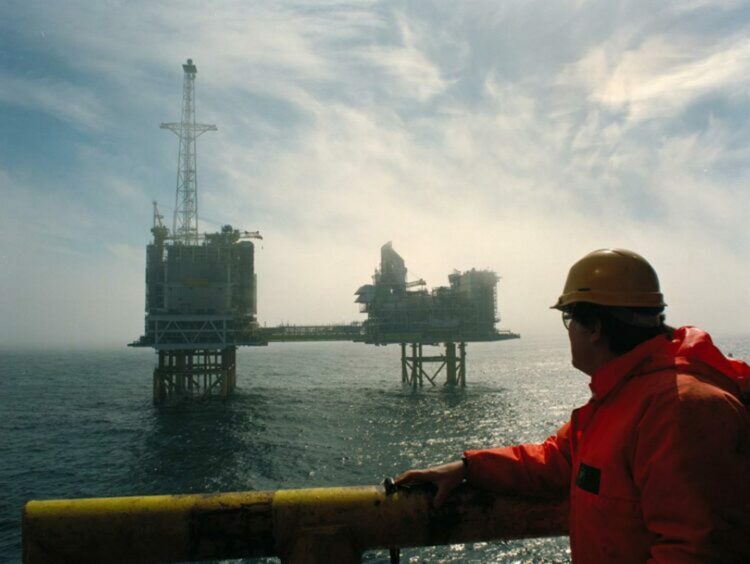 © Supplied by BP
© Supplied by BP Dozens of offshore chemists and heating and ventilation workers will begin a series of strikes across North Sea platforms later this month.
Unite the union confirmed on Monday that around 60 of its members working for services firms IES Callenberg and SGS UK Limited have “emphatically” backed industrial action in separate disputes over rotas and conditions.
Dozens of workers were balloted last month last month as the union battles to ensure its offshore members are granted the same holidays and working patterns as their onshore counterparts.
Formerly known as Integrated Engineering Services Aberdeen, IES is the largest independent provider of offshore heating, ventilation, and air conditioning (HVAC) services, and works across platforms operated by the likes of BP, TAQA, CNR, Repsol Resources UK, Serica Energy and CNOOC.
It was acquired by US-based marine firm Trident Maritime Systems in 2016 and is now known as Trident IES. Based in Altens, it employs around 100 core staff according to its website.
Around 50 Unite members working for the company will down tools later this month after more than 80% voted to back industrial action, based on a turnout of 72.5%.
Unite said workers will begin the first in a series of three-day strike actions on 25-27 March, and later on 15-17 April, 6-8 May and 27 May until the close of play on 29 May.
Meanwhile, around ten SGS UK members also backed strike action. The firm’s chemists also provide services upstream oil and gas, with the dispute in question relating exclusively to personnel working on BP’s Clair, Clair Ridge, ETAP and Glen Lyon assets.
The cohort will undertake week-long stoppages over a series of months, with strike action set for 25-31 March; 15-21 April; 6-12 May and 27 May until the close of play on 2 June.
Unite said both disputes centre on members’ demands for “better work and life balance.”
In particular the union drew attention to “increasing numbers of workers in the offshore sector recording concerns over physical and mental burnout, fatigue, and stress” owing to staff shortages.
Both IES Callenberg and SGS UK members work 12-hour shifts for three weeks at a time, but must conduct any required training during their field breaks, it said.
Onshore staff employed by both companies are not required to take training during their holidays.
Both firms have been approached for comment.
Staff ‘banned’ from discussing dispute
Unite Industrial officer Vic Fraser said: “Unite has attempted to get both IES Callenberg and SGS to listen to the concerns of our members with no success.
“In fact, IES Callenberg has gone even further by banning its staff from discussing with clients or the offshore installation manager the very nature of the dispute.”
“The disputes are not only about rates of pay but the current working rota of three weeks on and three weeks off. Our members work all year round but their training is carried out during their field breaks. This leaves our offshore members disadvantaged compared to onshore staff which is unacceptable.”
Unite general secretary Sharon Graham said: “Unite will stand shoulder to shoulder with our members employed by SGS and IES Callenberg. These are profitable companies which must start treating workers fairly.
“Our offshore workers are fully prepared to fight to get the improved terms and conditions they deserve. We will ensure that our members are backed all the way in the campaign to secure better jobs, pay and conditions in the offshore sector.”
